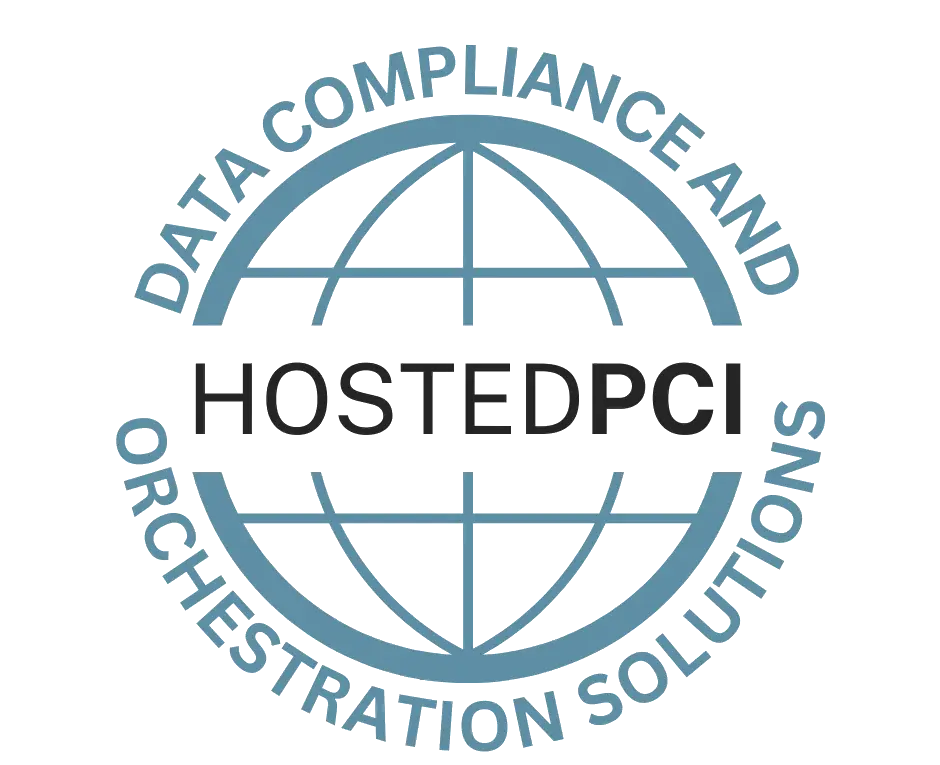Navigating the Digital Age: A Critical Look at Data Handling Security and Modern Solutions

In the wake of a recent notification by a prominent energy management company to its customers about a security issue, the importance of securing Personally Identifiable Information (PII) has once again come to the forefront. The company’s proactive approach in informing its customers about the vulnerability that may have exposed their personal information is a commendable step towards transparency and customer care. However, this incident highlights a broader issue in the digital age: the need for robust security measures to protect sensitive information.
The company disclosed that an invisible file directory on its public website was the loophole through which personal information, collected online since August 2021, could have been accessed. The information at risk includes contact and account details, as well as financial information such as void cheques and pre-authorized debit (PAD) information.
In response, the company promptly shut down its website to address the security breach and took steps to enhance its security posture. These measures included relocating customer files to a secured area accessible only by authorized personnel and engaging third-party experts to fortify their defenses against such vulnerabilities.
The Importance of Securing Collected PII and Payment Data
This incident serves as a stark reminder of the risks associated with handling PII and client payment data. In an era where data breaches are increasingly common, protecting sensitive information is not just a matter of compliance but a critical component of customer trust and business reputation. Securing client data requires a multifaceted approach that includes both technological solutions and organizational vigilance.
Modern Solutions: HostedPCI Tokenization and Vault Storage
Two effective strategies for enhancing data security are tokenization and the use of secure vault storage, as exemplified by solutions like those provided by HostedPCI. Tokenization replaces sensitive data elements with non-sensitive equivalents, known as tokens, that have no exploitable value. This process ensures that, even in the event of a data breach, the actual data remains secure because the tokens cannot be reversed without access to the tokenization system.
Vault storage complements tokenization by securely storing the original sensitive data in a highly protected environment. Access to this environment is strictly controlled, ensuring that sensitive information is kept away from unauthorized users. When combined, tokenization and vault storage provide a robust defense mechanism against unauthorized access and misuse of sensitive data.
A Call to Action
Our blog underscores the need for organizations to continuously evaluate and enhance their data protection strategies. Implementing advanced security measures like HostedPCI’s tokenization and secure vault storage can significantly mitigate the risks associated with handling PII and payment data. Moreover, businesses must foster a culture of security awareness among their employees and stakeholders, ensuring that everyone understands the importance of protecting sensitive information.
The digital age offers unparalleled opportunities for businesses and consumers alike. However, it also presents new challenges in the form of escalated cybersecurity threats. The incident at the unnamed energy management company is a reminder of the ongoing battle against these threats and the importance of adopting state-of-the-art security measures. By leveraging modern solutions such as HostedPCI’s tokenization and Secure Data Storage, organizations can better protect the sensitive information that they are entrusted with, thereby safeguarding their customers’ privacy and maintaining their trust.

